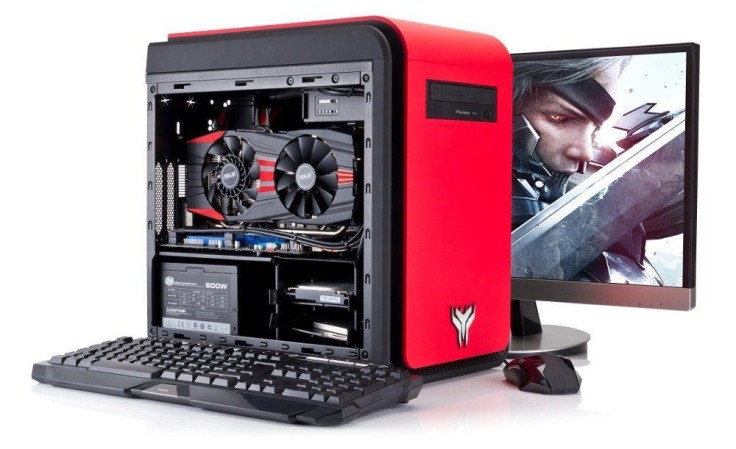
The best-performing gaming devices are expensive. So, when you pour your savings into getting a gaming PC, you must make the right choice. Whether you want to play Star Wars or Assassin creed in 4k, you need to know what works well. Here's is are some of the factors you must consider when choosing the right gaming desktop.
1. Video Graphic Card (GPU)
Graphics is the most important component in any gaming PC. A good GPU works to beautify your game experience by producing high-quality frames. The trick is to look at the card number to know which GPU is better, The higher the numbers, the better the gaming PC performance.
High-end graphics card like the AMD's RTX 5000 will cost you more than $1,000. You can get graphics from affordable entry-level AMD RX 570 to the high performance but expensive RTX 2070 - the price increases with an increase in number.
2. Motherboard (MB / MoBo)
The difference with a gaming PC and any other PC is the motherboard, and they come with different specs. Motherboard is the where power is distributed and commands executed. In essence, to have a better gaming experience, your motherboard should have space for additional peripherals like graphics card, audio, and Wi-Fi, among others, for a PC upgrade. Therefore, a good motherboard should have lots of connectivity options.
3. Power Supply (PSU)
Power is what drives you gaming PC motherboards and other components. The general power supply for gaming is between 450 to 550 watts. A good practice is to check the power supply that the PC's GPU will require. Gamers are usually advised to buy a system with 100 watts above the specified requirement.
4. Processor (CPU)
How your gaming PC performs depends on the system processor core count. The higher the core count, the better the processing power of the gaming PC. You can choose from vendors like intel or ADM for processors.
ADM processors are affordably priced while intel processors are a bit expensive in comparison. Try to go for a processor with a higher core count like i7. Don't just concentrate on the processor core; also look at its frequency. Multicore processors will define the core count (like i7) and the frequency (like 2.4GHz). Further, the processor should be compatible with RAM and GPU that are readily available in the market.
5. Hard drive (HDD / SSD)
While cloud computing and storage is the new thing, you will have to store your games on a physical drive. Mechanical HDD (hard disk drive) are less expensive compared to SSD (solid-state drive). It would be best if you had a drive with a faster rotation (RPM) and more than 500GB in storage. A good HDD should have an RPM of not less than 7200.
SSD doesn't rely on rotation and is a better option for gamers. The only downside is that SSD is expensive and offers considerably low storage. A 512GB storage is ideal for a beginner, and you can upgrade with time.
6. Casing and Cooling
Gaming PCs are known to have some of the most beautiful PC casing with RGB lightings. The housing should be broad with enough space for air circulation so that things don't overheat. Also, due to the significant amount of heat generated by extended play, most utilize liquid cooling in addition to fans.
Now that you know what makes a great gaming desktop, it's time to take your gaming experience to the next level.









